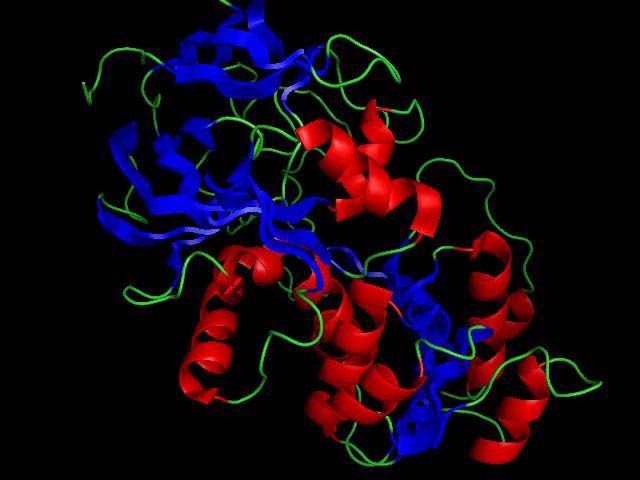
Nowadays it is well-known that medicine progresses much faster and better if knowledge is transferred more quickly from basic science to clinical research, and vice versa. The most highly-developed countries have applied science policies that clearly indicate that achieving this objective will be crucial not only for scientific progress in biomedicine, but also for progress in terms of technology and the economy. In Spain, a scientific policy has recently been applied from within the Institute of Health Carlos III which clearly supports this idea: the creation of Institutes of Health Research. These institutes are foundations or consortiums that feature the participation of a university hospital and basic scientists from the same university and from the Spanish National Research Council (CSIC).
These institutes have been accredited by external scientists who have helped to validate the research that is carried out there, as well as the institutes' ability to innovate. To date, a total of 18 institutes have been accredited throughout Spain, with five of them based in Catalonia. Their scientific and innovative activity has recently been assessed by the Institute of Health Carlos III, with results that demonstrate the institutes’ high scientific levels. In the series of lectures "Challenges of the 21st century. The voice of medicine", we had the opportunity to attend lectures of the highest level, most of which dealt with the subjects being developed in these Institutes, both at basic and at clinical level. The contributions of the speakers was truly excellent.
Cycle: Challenges of the 21st Century - VIII The Voice of Discoveries: Discovering, Innovating, Transferring Knowledge
Organized by: Residence for Researchers